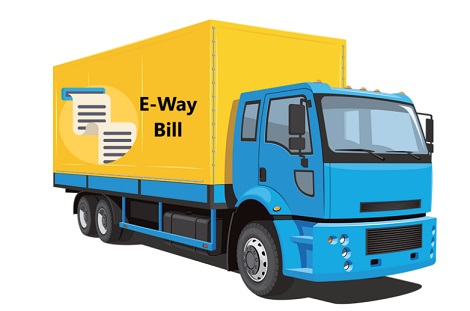In the ever-evolving world of Goods and Services Tax (GST), e-invoicing has quickly become a game-changer. Initially introduced to improve transparency, reduce errors, and simplify tax compliance, e-invoicing has gained considerable popularity among businesses. While many are familiar with its use for regular invoices, there’s still a misunderstanding about its application to debit and credit notes. So lets find out if E-invoice applicable for Debit-Credit Notes?
What is an e-invoice?
E-invoicing under the Goods and Services Tax (GST) system refers to the digital creation of business-to-business (B2B) invoices. These invoices are formatted in accordance with the standardized e-invoicing structure approved by the Goods and Services Tax Network (GSTN). The purpose of this standardized format is to ensure uniformity and consistency in the presentation of invoices before they are uploaded onto the GST portal.
As per Rule 48(4), notified person has to prepare invoice by uploading specified particulars in FORM GST INV-01 on Invoice Registration Portal and after obtaining Invoice Reference Number (IRN). This process is accompanied by the application of digital authentication signatures and the creation of a QR code for each invoice. Collectively, these steps constitute the e-invoicing procedure within the GST framework.
Vide Notification No. 10/2023–Central Tax dated May 10, 2023, effective from August 1, 2023, e-invoicing has been made applicable to GST-registered entities with an annual turnover exceeding ₹5 crores in any financial year after July 1, 2017. Due to this amendments number of entities falling in the bracket of e-invoice increased. And every related person is confused whether e invoice required for debit credit notes.
What documents are presently covered under e -invoicing?
- Invoices
- Credit Notes
- Debit Notes,
Though different documents are covered, for ease of reference and understanding, the system is referred as ‘e-invoicing’. However, commercial credit notes not required to report on invoice portal.
With the enforcement of e-invoicing for debit and credit notes, businesses are required to generate these notes electronically, adhering to the standardized e-invoicing format. This digital approach ensures accuracy, reduces discrepancies, and facilitates easy integration with the overall tax reporting process.
Can E-invoice be cancelled?
Yes, within 24 hours of generation e-invoice can be cancelled. The cancellation process involves utilizing the ‘Cancel API’ and must be initiated within 24 hours from the moment the invoice was originally reported to the IRP.
Key Points to Remember while canceling E-invoice?
- After 24 hours, the option to cancel directly on the IRP expires. If you need to nullify it later, you’ll have to take a different route (like issuing a credit note—more on that in a bit).
- E-Way Bill Link: If an e-way bill was generated with the IRN, canceling the e-invoice doesn’t automatically cancel the e-way bill—handle that separately.
- However, it’s important to note that if the associated e-way bill is currently active or has been verified by an officer during the transportation process, the cancellation of the IRN will not be allowed.
#e invoice for credit note


